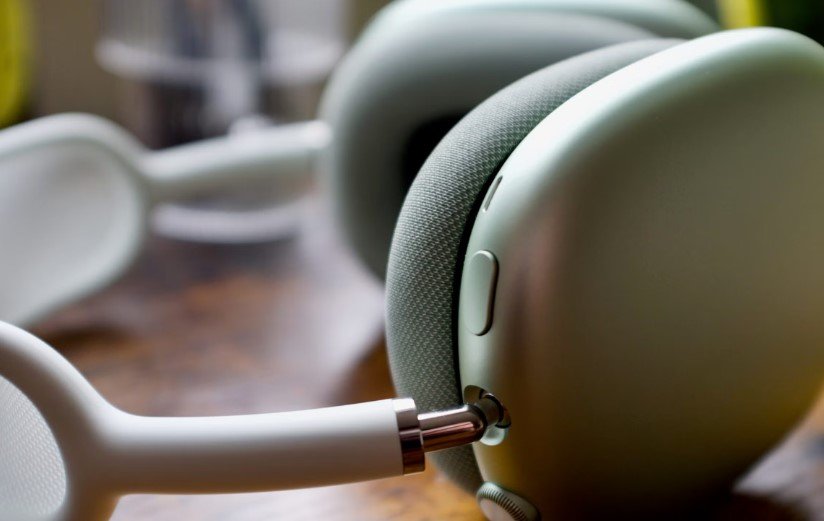Apple’s priciest headphones are getting a serious upgrade. The AirPods Max are set to support lossless audio and low-latency playback — but only if you’ve got the right cable.
A Sound Upgrade for Apple’s Flagship Headphones
Apple’s AirPods Max are about to sound better than ever. The upcoming iOS 18.4 update, expected to roll out in April, promises two major audio upgrades: lossless audio and low-latency support.
But there’s a catch — these features won’t work wirelessly. You’ll need a USB Type-C cable to unlock the new capabilities. Specifically, Apple’s latest USB Type-C to 3.5mm audio cable will enable lossless playback and low-latency performance when connected to a compatible device. It’s a move that shifts the AirPods Max closer to audiophile territory while keeping Apple’s premium pricing strategy firmly intact.
Lossless Audio: What It Means for Listeners
Lossless audio is like hearing music the way it was meant to be heard — without any compression cutting out the finer details. For Apple, that means delivering 24-bit, 48 kHz audio, which is a significant jump from the typical AAC codec used in most Bluetooth connections.

In simple terms, lossless audio retains all the sound data from the original recording, offering richer, more dynamic sound. For music lovers, it’s the difference between hearing the notes and feeling them.
The AirPods Max will only support this feature when connected with the USB Type-C cable — Bluetooth still isn’t advanced enough to handle true lossless audio. Services like Apple Music and Tidal already offer high-fidelity streams, making this update a timely addition for serious audiophiles.
Low-Latency Playback: A Game-Changer for Video and Gaming
Latency — or the delay between audio and video — has long been a pain point for wireless headphones. Apple’s fix? The iOS 18.4 update will introduce low-latency playback for the AirPods Max, but once again, only when using the USB Type-C cable.
For movie buffs and gamers, this is a big deal. Low-latency audio ensures sound stays perfectly synced with on-screen action. No more awkward moments where dialogue arrives a fraction of a second after the actor’s lips move.
Apple claims this performance will match the built-in speakers on its other devices — a bold statement that, if true, could make the AirPods Max a top choice for mobile gamers and binge-watchers alike.
The Catch: USB Type-C or Nothing
There’s no getting around it — the new features only work on the refreshed AirPods Max model with a USB Type-C port. If you’re still holding onto the original Lightning-based version, you’re out of luck.
Apple introduced the updated AirPods Max last year, swapping the older Lightning connector for USB Type-C. This shift aligns with the European Union’s push for standardized charging ports, but it’s also enabling Apple to push performance upgrades like these.
For those with the newer model, Apple now sells a dedicated USB Type-C to 3.5mm audio cable — a must-have for anyone looking to tap into the full potential of these updates. It’s also a handy addition for connecting to in-flight entertainment systems or devices without a Type-C port.
Is It Enough to Keep the AirPods Max on Top?
The AirPods Max aren’t cheap — they retail at $549 — but they’ve carved out a niche among Apple loyalists and style-conscious audiophiles. Still, the competition is fierce. Brands like Sony, Bose, and Sennheiser continue to push high-end headphones with impressive sound quality and feature sets.
These new updates might just give Apple an edge. Lossless audio and low-latency playback are rare perks in the wireless headphone market, especially at this level of quality. The catch, of course, is that these features aren’t truly wireless — and that could be a dealbreaker for some.
Apple’s strategy here is clear: push innovation forward while keeping customers within the ecosystem. For AirPods Max owners who want the best sound Apple has to offer, upgrading to the USB Type-C model and grabbing the right cable might be a no-brainer.
One thing’s for sure — audiophiles will be watching (and listening) closely when iOS 18.4 drops next month.
